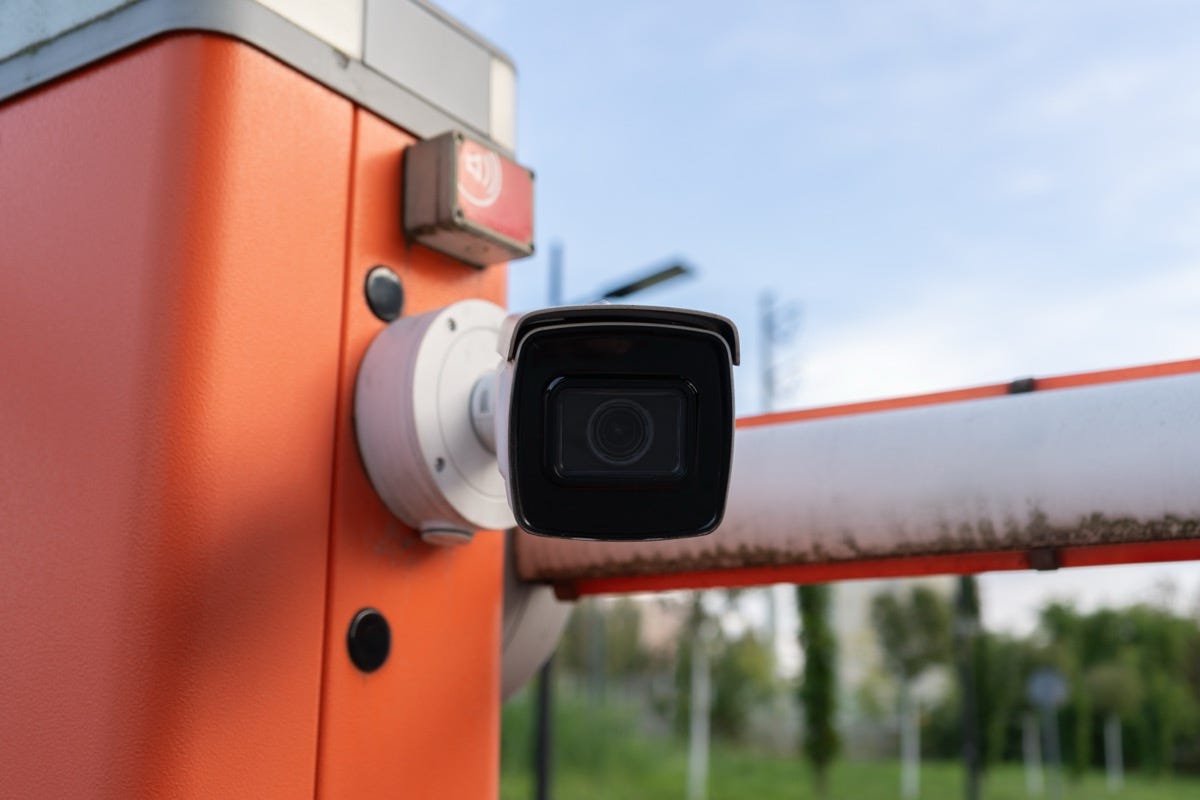Border Patrol secretly monitors millions of Americans using hidden cameras and algorithm
U.S. Customs and Border Protection is running a secret mass surveillance program that monitors millions of American drivers using hidden license plate cameras and a secret algorithm that flags “suspicious” travel patterns — even for people driving hundreds of miles from any international border. The covert network extends d…



